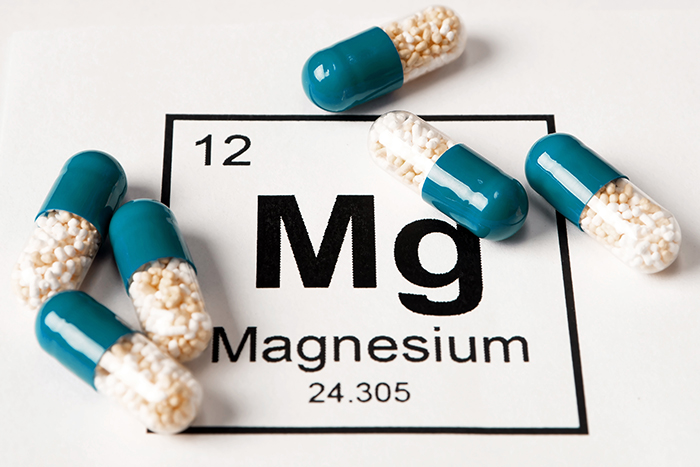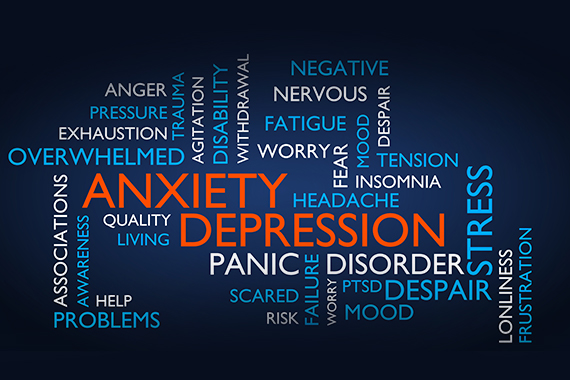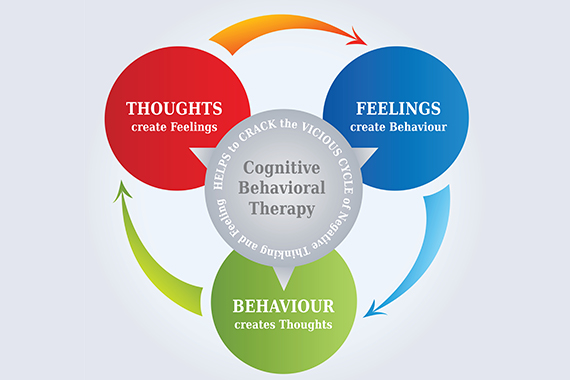Natural Supplements for Anxiety and Depression
It is very important to get regular blood tests done in order to determine whether your body is lacking certain vitamins and minerals. Deficiencies can trigger or contribute to anxiety and depression.

Vitamin D
Vitamin D plays an important role in mood regulation, as well as nerve and brain health. Research has established a link between vitamin D levels and depression, claiming that taking vitamin D supplements may help treat the condition.
Depression is one of the most popular non- motor symptoms of Parkinson’s affecting around half the number of people with the condition.
Vitamin D3
Vitamin D3 deficiency has been found in 55% of patients with Parkinson’s. Vitamin D3 is a potent antioxidant. It increases the expression of glutathione in the body which is a predator of free radicals. Vitamin D3 also regulates nerve growth factor (NGF) which plays a critical role in the healthy function of the nervous system. NGF affects the plasticity and communication of neurons and so if you have a vitamin D3 deficiency, your nerves will not function normally.
We all get vitamin D3 from the sunshine. When we are exposed to sunshine the effects of last around 2-3 months. In the winter, we are all at greater risk of becoming vitamin D3 deficient. There is no harm in getting tested to find out the level of vitamin D3 in your body! Too much vitamin D3 can be toxic and so if you are taking supplements, a simple test will reassure you that you have the right level.
As we age, the ability of the skin to synthesise vitamin D3 becomes more difficult and less effective. As vitamin D3 deficiencies cause depression, those who take supplements are less likely to get depressed. Some people take anti-depressants to treat depression, however, a more cost effective and safer alternative is to try taking a vitamin D3 supplement first.
Magnesium
As well as depression, people with Parkinson’s often suffer from anxiety at some point of having the condition. Anxiety is not tied to disease progression — it can begin before a PD diagnosis or develop much later on and often accompanies depression. Up to 50% of people with Parkinson’s will experience anxiety or depression at some point within having the condition.
Magnesium is an essential dietary mineral and is the second most common electrolyte in the body. Magnesium deficiencies are common in the western diet, and magnesium deficiencies have been linked to a number of adverse health effects including weakness, cramps, anxiety, and high blood pressure. Low levels of magnesium is also linked to Alzheimer’s, diabetes, Type 2 Diabetes and Heart Disease.
A 2017 systematic review looked at the results of 18 different studies. The researchers found that magnesium supplements may improve measures of anxiety in people vulnerable to the condition, but improved quality of evidence in this area is needed. It is recommended that people trying magnesium for anxiety should start with a lower dosage, such as 100 milligrams (mg) and avoid exceeding 350 mg per day without a doctor’s approval.
For improving other symptoms associated with Parkinson’s including fatigue, muscle cramping and weakness, constipation, it’s recommended that men and women get 400–420 mg and 320–360 mg per day, respectively and depending on age. High dosage of magnesium can cause diarrhoea.
We recommend that people with Parkinson’s take a specific Magnesium, called Magnesium L’Threonate. There are many supplemental forms of Magnesium, which can all have great health benefits on Parkinson’s symptoms, but what makes Magnesium L-Threonate unique is that research has shown that this form in particular can improve brain magnesium levels and support memory / overall cognitive function. Research on Magnesium L-Threonate has shown it to support learning, recall, and cognitive health.
Magnesium L-Threonate is a premium magnesium supplement developed by MIT researchers (Massachusetts Institute of Technology (MIT) is a private research university in Cambridge, Massachusetts). It is the only form of Magnesium shown to deliver elemental magnesium directly to the brain, and has been found to offer a number of cognitive benefits in addition to the typical benefits of magnesium supplements.
Vitamin B
B vitamins are a group of eight different nutrients that work together to manage many processes in the body, including stress levels.
Vitamin B12 deficiency can cause a number of neurological symptoms, including instability, neuropathy and cognitive defects. A 2017 studyfound that people who had lower blood levels of vitamin B-12 were more likely to have depression or anxiety. A 2018 studyfound that people who ate foods high in B vitamins — in this case, yeast based spreads such as Marmite and Vegemite — had better anxiety and stress scores than people who did not. This was more pronounced for spreads fortified with vitamin B-12.
Earlier studies have also revealed that a more rapid progression of PD symptoms occurred in those with lower B12 levels than those with higher levels. This raises the possibility that prevention or early correction of low B12 status may slow the onset of disability in PD.


L-theanine
L-theanine is an amino acid that occurs in green and black tea. Some evidence suggests that it is a mild sedative and anti-anxiety agent. A 2016 double-blind study found that people who consumed a beverage containing 200 mg of l-theanine had lower stress response and cortisol levels after undertaking a challenging task than those who received a placebo. It is recommended to start with the lowest effective dosage of l-theanine. Supplements often come in 200 mg capsules. People should not exceed 400 mg without first asking a doctor.
Omega-3 fats
These occur in foods such as fish and flaxseed. They play an important role in brain health, according to the Office of Dietary Supplements. The body cannot make these fats, so people must get them from their diet. A 2018 systematic review and meta-analysis looked at the results of 19 clinical trials and concludes that taking an omega-3 supplement such as fish oil could be helpful for people with anxiety. A 2018 review study suggests that a low intake of omega-3 fats can raise the risk of anxiety and depression, and that taking omega-3 supplements could help prevent or treat these conditions.
CBD
Cannabidiol (CBD) is a natural compound found in cannabis plants. These compounds are known as cannabinoids. Cannabis has several hundred of these compounds, though only a few are well known and widely studied. CBD doesn’t have the psychoactive benefits of tetrahydrocannabinol (THC), cannabis’s more famous cannabinoid. It does, however, have other potentially beneficial effects. Research suggests CBD may help reduce anxiety, relieve pain, and offer neuroprotective properties.
Tremors can be exacerbated when someone is suffering from anxiety. Some of the most common treatments for Parkinson’s disease can cause medicine-related tremors or uncontrolled muscle movements. Treatment with medicine won’t make it better — and it could make it worse.As a possible solution, an older, smaller study has suggested that CBD may be able to help ease these muscle movements.
Sleep disruption and a lack of quality sleep is a serious concern for people with Parkinson’s disease. It is possible that further disturbances with sleep will be prevalent if you are suffering from anxiety or depression. Vivid dreams or nightmares, as well as movement during sleep, is common.Studieshave found that both cannabis and CBD alone might help with sleep disturbances.
Because of the many potential benefits of CBD for people with Parkinson’s, researchers have suggested using the compound might help improve quality of life. This has caught the interest of many individuals living with Parkinson’s disease.One studyfound that people who had Parkinson’s disease and no psychiatric symptoms or conditions experienced an improved quality of life with CBD use. This study, too, was done in a very small group of people, so further investment in research is needed to support the findings.





